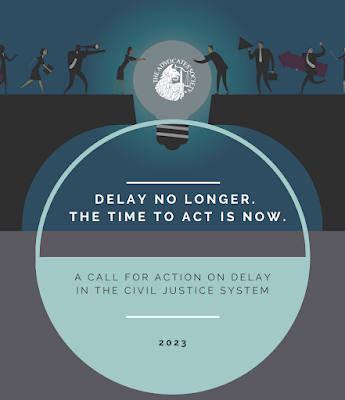Most Recent Issue of the Canadian Law Library Review
The most recent issue of the Canadian Law Library Review (CLLR) is available online.
The CLLR is the official journal of the Canadian Association of Law Libraries (CALL). It is an open access publication.
Check out the features articles:
- Legal Writing Tick List for Beginners and Upward by C.J. Shaw (starts on p. 10): "A tick list is a type of checklist. My published legal writing aims to inspire others to create publishable legal writing. I want this piece to be a valued teaching and learning experience. It ends with a reflection activity for readers to assess this article. Doing a legal writing project is a worthwhile activity, and it is doable without taking oneself too seriously. This article is an example of informal legal writing when compared to formal legal writing (i.e., legal drafting of documents and legislation). It includes quirky (unexpected) literary content. Various entries contain a reminiscence by American author and sportswriter Roger Kahn, an excerpt from the script for the classic film The Thomas Crown Affair (1968), advice from a parent of A.A. Milne, and a bit of modern common sense about knowledge and ideas attributable to 17thcentury philosopher John Locke. I also give feedback on two general legal writing rules."
- Legal Writing and Communication: A Bibliography by Susan Barker (starts on p, 17): "The purpose of this bibliography is to provide a selective, annotated list of practical and theoretical resources on legal writing and other forms of legal communication. The bibliography includes resources on legal writing generally, as well as on specific subjects of interest: academic writing, advice for law students, artificial intelligence, cognitive science, factums and memoranda, inclusive language, judicial writing, plain language, style guides, visual legal communication, writing about Indigenous peoples, and social media. Most of the items listed are Canadian resources published since 2000, although non-Canadian materials in subject areas where there is little Canadian research have also been included."
Labels: journals, legal research and writing, library associations














